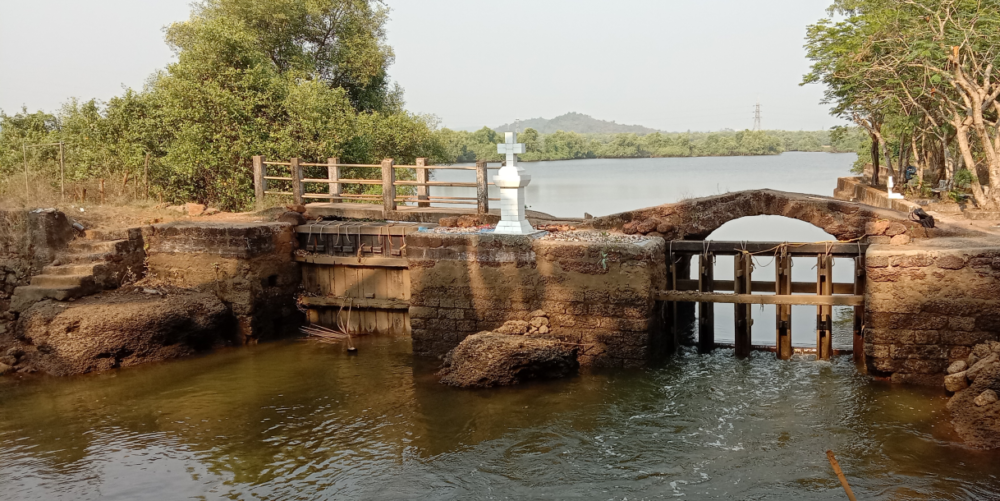By Neena Bhandari
Sydney, 14.05.2024 (SciDev.Net): Health experts are calling for tighter biosecurity measures in global poultry production, from farms to markets, to monitor bird flu (avian influenza) following its spread among dairy cows in the United States.
Since 2003, 888 cases of human infection with the avian influenza virus, also known as H5N1, have been reported from 23 countries, of which 463 were fatal, according to the World Health Organization (WHO). Vietnam, Cambodia, and Indonesia are among the worst affected.
“Although the number may appear not as big as many other outbreaks, we need to bear in mind that each infection in humans is an attempt of the virus to try to establish itself in [the] human population,” says Wenqing Zhang, head of the WHO’s global influenza programme, in a video released this week (Monday). “Although the chances are slim so far, as long as it succeeds just once, it is a start of an influenza pandemic…”

